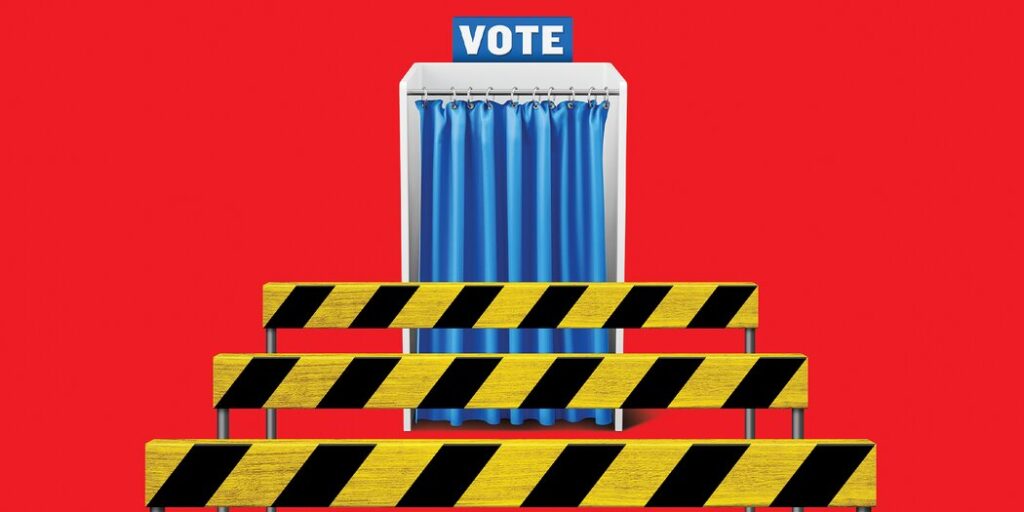Controversial Voting Legislation: The SAVE Act Sparks Debate
As tensions simmer within the executive branch, Congress is on the brink of debating a proposed law that could dramatically impact voting rights across the United States. Known as the SAVE Act, this legislation introduces stringent requirements that may hinder millions of Americans from exercising their right to vote.
Under the SAVE Act, voters would be required to present specific documents, such as a passport or birth certificate, each time they register or re-register to vote, even after a simple change of address. This new and unprecedented national requirement could potentially block millions of eligible Americans from casting their ballots.
According to the Brennan Center for Justice, over 21 million eligible voters lack ready access to these documents. Many Americans do not possess a passport, and some have a birth certificate stored in hard-to-reach places, making compliance with the SAVE Act challenging.
Particularly affected by this proposed law would be younger voters, voters of color, and married women who have changed their last names, resulting in document mismatches. The SAVE Act could disrupt popular voter registration methods such as mail-in and online registration, established under the 1993 National Voter Registration Act. Critics argue that this represents a federal overreach aimed at voter restriction.
Previously, states like Kansas and Arizona implemented similar requirements, leading to tens of thousands of eligible citizens being unable to register to vote. While Kansas’s measures were eventually overturned, Arizona has been prevented from applying its restrictions to federal ballots.
The House of Representatives is expected to consider the SAVE Act soon. Proponents claim it bolsters election integrity, yet existing laws already ensure that only U.S. citizens can participate in federal and state elections, with noncitizen voting being extremely rare.
If passed in the House, the SAVE Act would proceed to the Senate, where it would not fall under budgetary jurisdiction, allowing opponents to demand extensive debate. A supermajority of 60 votes would be needed to advance the bill to a final vote.
The political motivations behind the SAVE Act suggest an attempt to restrict voting freedoms, particularly for demographics perceived as unfavorable by some lawmakers. The measure aligns with broader efforts to codify former President Donald Trump’s unfounded allegations of widespread voter fraud into law, presumably to deter certain voters.
Democratic lawmakers, who previously supported robust voting rights legislation, face a critical test of their dedication to protecting democratic principles by opposing this restrictive measure. They argue that the SAVE Act could strip millions of Americans of their fundamental voting rights.
As Congress convenes on this contentious proposal, the potential ramifications for American democracy loom large. The SAVE Act’s passage would not only alter the electoral landscape but also challenge longstanding principles of voter accessibility and inclusion. The fight for the right to vote remains as vital as ever.





